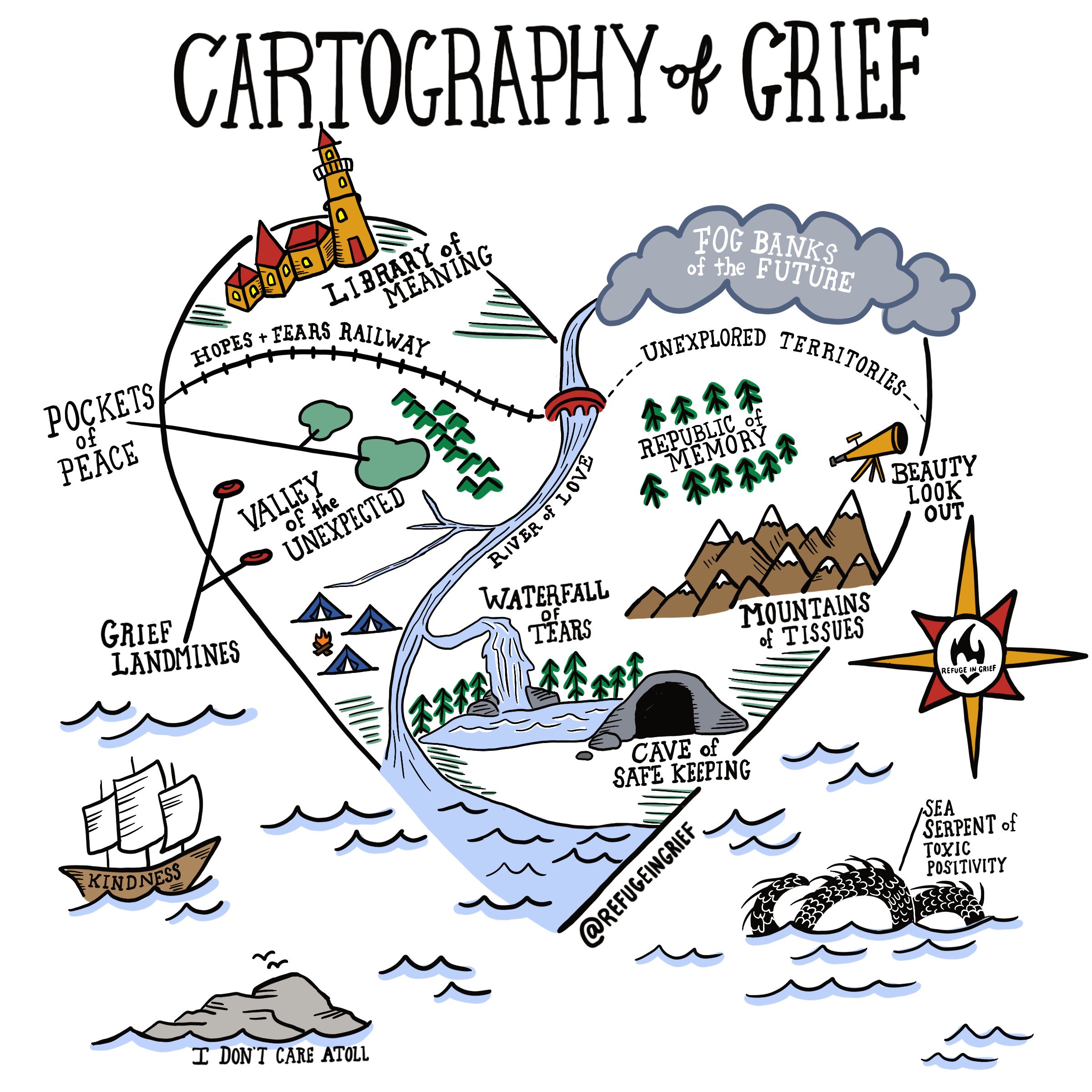A Blog by Pradeepti Devgun
Grief is a response to a loss of a bond or affection that was created with an individual. This response is characterised of intense sadness, emotional numbness, crying, regret and in extreme situations depression. It has not only emotional but physical, cognitive, behavioural, social, cultural, spiritual and philosophical dimensions as well.
We know that grief may involve extreme emotions and behaviours such as feelings of guilt, anger, despair, fear, etc.
But is grief only dreadful or can it bring an individual, peace?
When we talk about peace we intend to feel harmonious and balanced within ourselves and with our surroundings. But when we say the word grief we always associate it with sadness, pain, shock, denial, guilt and all the negative emotions we can think of.
What it means when you grieve?
An individual who’s faced a loss might go into a sudden shock, be angry, yell to heavens, feel obsessed about the loss, lash out at loved ones and might cry for hours, because it’s the pain that they absorb — the emotion that everyone fears to go through. They let it sink in for a while captivating all the love and affection they had for the person they lost, only to break free from it.
This time from the confinement of emotions to the acceptance is the most dreadful experience for a grieving individual. They go into a state of disbelief or numbed feelings, with pain, guilt and anger, a resentment towards every positive aspect that comes their way .
To understand whether grief is only dire or could lead to solace as well, lets understand the stages of grief;
Denial and Shock
This is a state of numbed feelings or disbelief. Basically, this gives the individual more time to absorb the change and process it in their own manner.As this stage starts to pass away the individual is then confronted by all the painful feelings they’ve been hiding away and can be called the most difficult part of the journey.
Pain and Guilt
This stage comes with immense emotional turmoil, wherein the individual is confronting with their sore feelings and contemplating – how they’re making it hard for they’re loved ones to deal with them because of their feelings and needs.
Anger and Bargaining
This stage results in the individual generally making unrealistic demands, lashing out, to a superior power or god to make them get rid of these feelings in return for anything.
Depression
This stage comes with deep contemplation for the individual leading to isolation and loneliness in order to process and reflect on the change or loss.
The Upward Turn
By this stage , the stages of grief that dealt with anger and pain and guilt have resided down and dealt with and, now, the individual is poise and alleviate.
Reconstruction and Working Through
Now, the individual has started to get back to their old routine, i.e return to their normal living pattern and starts to move ahead in their life.
Acceptance and Hope
This marks the last stage of grief, wherein, the individual is gradually accepting the change and is moving forward in their life and is looking forward to the future possibilities.
What it means when you don’t grieve?
Simple- it could mean a number of things.
It is usually thought that people who don’t grieve are cold-hearted or don’t care about other peoples’ feelings. But, this is not what it really is.
It could be that individual’s own grieving process, the emotions due to the loss could feel overwhelming and that could be their brain’s way of coping with it.
Also, it is a possibility that to some level it doesn’t affect that individual regardless of their closeness to that person. We have made this notion that this process of “grief” should be a certain way and forget that every individual is different and this process differs for every individual and cannot be labelled as same.
Summing up through these stages, we can say that grief results in both dreadfulness and comfort. It puts an individual into a state wherein they deal with drastic emotions which are not easy to handle and make them numb and might make them feel weak, and with time, they process these emotions and feelings and come to a state of peace and comfort and find themselves getting strong.

